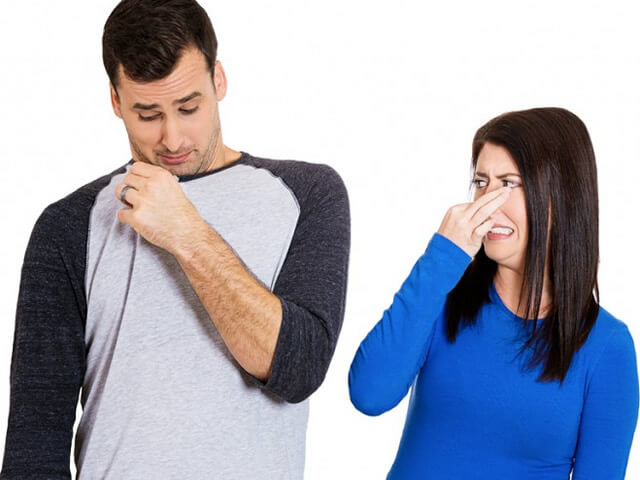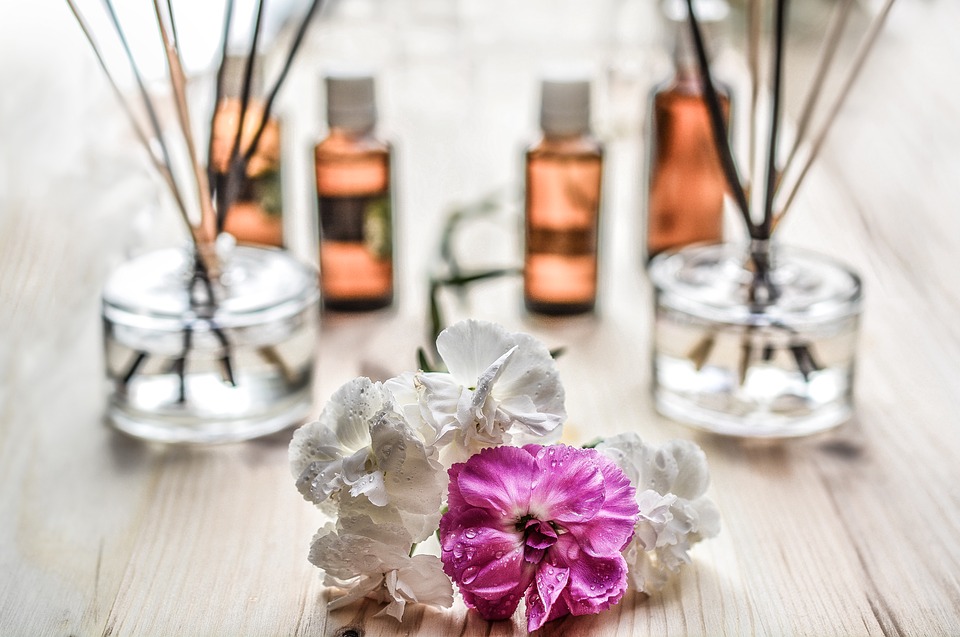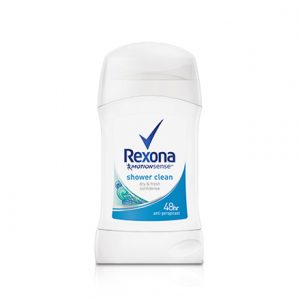There can be nothing more embarrassing than seeing people holding their noses and getting away when you enter because of your body odour. Stinking after a hard day’s physical labour is understandable, but having a body odour that doesn’t leave is a medical condition that needs help.
Table of Contents
Excessive Sweating and Body Odour
Body odour is mainly a result of excessive sweating. The skin covered with sweat serves as a favourable place for bacteria to flourish. When these bacteria unite with sweat, the decomposition of the chemical in sweat begins and it starts to emit a stinky odour. Body odour may arise from the whole body but the main sites that mainly let out bad odour are axilla (armpits) and feet.
When a person engages in a lot of physical exertion or is under the influence of stressful conditions, the sweat
increases and the body starts to smell. A diet with a high amount of garlic, onions and spices is the reason for body odour in some persons. Alcohol intake, diabetes mellitus and obesity are also associated with foul body odour.
Bacteria Breakdown
Our bodies give off unpleasant smells when the bacteria that lives on our skin breaks down sweat into acids—some consider it is the smell of bacteria growing on the body, but it really is the result of bacteria breaking down protein into certain acids. Body odour usually becomes evident if measures are not taken when a human reaches puberty—14-16 years of age in females and 15-17 years of age in males.
People who are obese, those who regularly eat spicy foods, as well as individuals with certain medical conditions, such as diabetes, are more susceptible to having body odour. People who sweat too much—those with hyperhidrosis—may also be susceptible to body odour, however, often the salt level of their sweat is too high for the bacteria to break down—it depends where the excess sweating is occurring and which type of sweat glands are involved.
Sweat itself is virtually odourless to humans; it is the rapid multiplication of bacteria in the presence of sweat and what they do (break sweat down into acids) that eventually causes the unpleasant smell. The smell is perceived
as unpleasant, many believe, because most of us have been brought up to dislike it. Body odour is most likely to occur in our feet, groin, armpits, genitals, pubic hair and other hair, belly button, anus, behind the ears, and to some (lesser) extent on the rest of our skin.
Cheese and Vinegar
Two types of acid are commonly present when there is body odour: Propionic acid (propanoic acid) is commonly found in sweat – propionibacteria break amino acids down into propionic acid. Propionibacteria live in the ducts of the sebaceous glands of adult and adolescent humans. Some people may identify a vinegar-like smell with propionic acid, because it is similar to acetic acid, which gives vinegar its sour taste and pungent smell. Isovaleric acid (3-methyl butanoic acid) is another source of body odour as a result of actions of the bacteria Staphylococcus epidermidis, which are also present in several strong cheese types.
The average human body has three to four million sweat glands, of which there are two types: Eccrine glands type of simple sweat gland that is located in almost all areas where there is skin. They produce sweat that reaches the skin’s surface via coiled ducts (tubes). When sweat evaporates from the skin the body is cooled. Eccrine glands are responsible for regulating our body’s temperature. Apocrine glands are found in the breasts, genital area, eyelids, armpits and ear. In the breasts they secrete fat droplets into breast milk. In the ear they help form earwax. Most of the apocrine glands in the skin are located in the groin, armpits and around the nipples of the breast. Apocrine glands in the skin usually have an odour; they are scent glands.
Putting a Stop to Body Odour
Wash daily with warm water — have a shower or bath at least once a day. Remember that warm water helps kill off bacteria that are present on your skin. Some ancient believe the use of lemon in bathing water can help to remove body odour.
Clothing — natural fibres allow your skin to breathe, resulting in better evaporation of sweat. Use natural-made fibres include wool, silk or cotton.
Avoid spicy foods — curry, garlic and some other spicy (piquant) foods have the potential to make some people’s sweat more pungent.
Keep the armpits clean — wash them regularly using anti-bacterial soap, and the number of bacteria will be kept low, resulting in less body odour. Hair under the armpits slows down the evaporation of sweat, giving the bacteria more time to break it down into smelly substances; shaving the armpits regularly has been found to help body odour control in that area.
Deodorant or antiperspirant — deodorants make the skin more acidic, making the environment more difficult for bacteria to thrive. An antiperspirant blocks the sweating action of the glands, resulting in less sweating. Some studies, however, have indicated that antiperspirants may be linked to breast cancer or prostate cancer risk; this study suggests that the evidence is inconclusive either way.
Wash your feet in warm water regularly — this means at least once a day. Remember that warm water is better at killing off bacteria than cold water.
Socks — allow sweat to evaporate. The best socks are those made of a combination of man-made fibres and wool. Wear a clean pair of socks each day.
Shoes — if you wear shoes with plastic linings make sure it is not for long. A leather lining is better for sweat evaporation. If you have a problem with sweaty feet, do not wear the same pair of shoes two days in a row — shoes do not completely dry overnight.
Pumice stone — bacteria thrive on dead skin. If the soles of your feet have patches of dead skin remove them with a pumice stone.
Deodorants and antiperspirants — ask your pharmacist for special foot deodorants and antiperspirants. If you have athlete’s foot you should not use deodorants or antiperspirants — treat the fungal infection first with appropriate medication.
The Homeopathic Approach
The Homeopathic treatment for body odour offers a complete cure for body odour.
Homeopathic medicines, which are made of natural substances and have no side effects, work to extract the body odour from the root. The stinky foul body odour can limit a person’s social interaction out of shame and embarrassment. Deodorants and powders used for camouflaging the body odour are only temporary and very short term methods. They are just suppressive techniques and do not eliminate body odour from the root. The use of properly selected natural Homeopathic remedies, however, can very effectively treat body odour as well as extinguish it from the root.
In the Homeopathic mode of treatment of body odour, the aim of the natural remedies is to cure the condition rather than suppressing it. While selecting Homeopathic remedies for body odour, the site of the body part emitting odour is considered along with any specific kind of character of body odour. The character of odour may vary from person to person like sour, fishy, fetid, cadaverous, putrid, garlic-like, onion-like or pungent.
In addition to these symptoms, characteristic constitutional symptoms of patients like likes and dislikes in food, appetite, thirst, sensitivity to heat or cold and any symptom that stands out dominantly are given a lot of importance while recommending the best Homeopathic remedies.
Need More Help?
Rexona Women Passion roll On Deodorant
All day long-lasting dryness protection.
Adidas Climacool Deodorant Spray for Women
Put on the Adidas Climacool anti-perspirant deodorant spray or roll-on after your shower for long-lasting dry protection and fragrance.
Rexona Women Deodorant Stick Shower Cleans
48 hours Anti – Perspirant deodorant.























